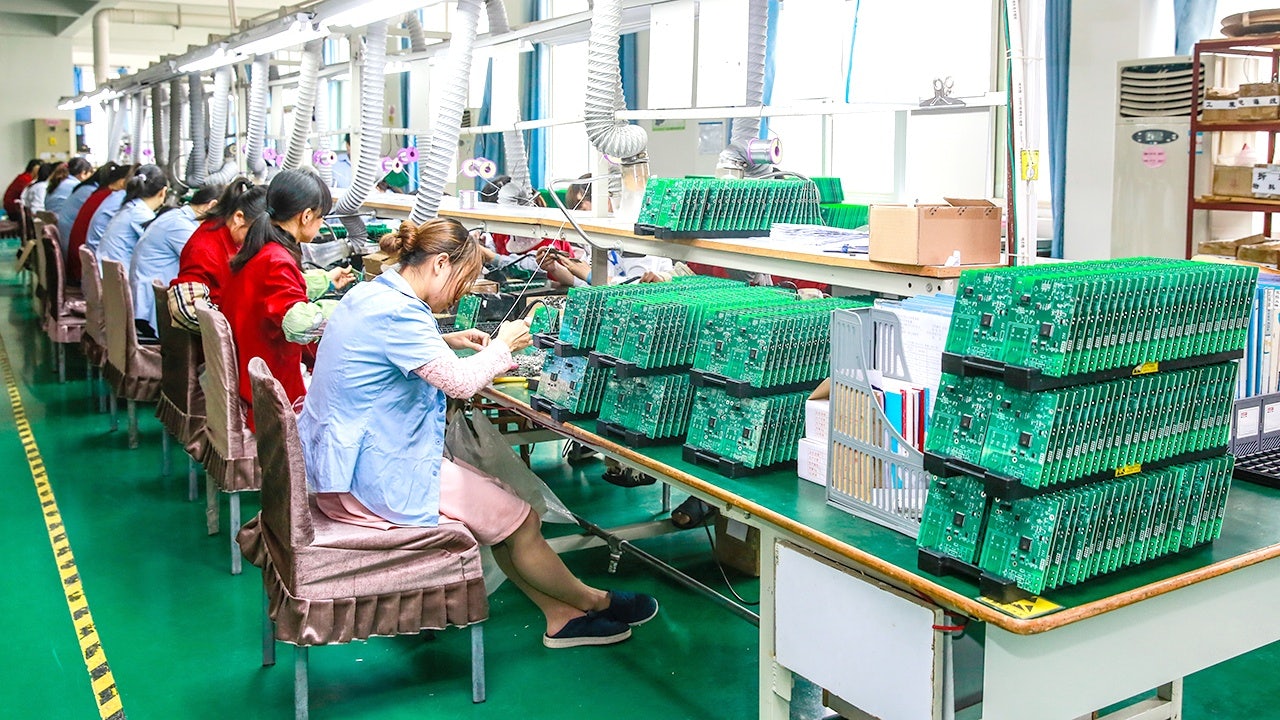According to CNN, China is “reportedly planning to ban all government offices and public institutions from using foreign software and computers.” Evidently this move could dent sales and earnings for American tech companies. Since an agreement on the U.S.-China trade war has not yet been delivered and signed, analysts wonder if China could target other industries and the private sector at a later stage. Considering that the government has great sway over domestic companies, one has to be concerned that this is only the beginning of a far-reaching threat.
Naturally, the government can reverse corporate power in China as it did in various occasions when Communist leaders have bent businesses to the party's will; thus, this concept is reasonable enough. Equally important, the private sector has an unbalanced dependency on the government’s benevolence. Therefore, it is not far-stretched to foresee a scenario in which President Xi Jinping requests the elimination of foreign technologies from other industries, and the private sector steps up to the plate. But how would this policy impact manufacturing and would there be a pushback from the private sector?
In recent years, China has sought to shrug off the image of an authoritarian power and rebrand itself as an innovative, Western-friendly society. Furthermore, it advertised its “peaceful rise” as non-threatening to Western values. And according to The Washington Post, in some occasions, Beijing even urged its officials and party outlets “to tamp down the swagger about China’s economic strength,” this way, the country would appear non-threatening to America’s hegemonic dominance.
“Rather than behemoth, Beijing has begun to pitch itself as a humble helper, an aide to countries in need,” says Amanda Erickson, the deputy campaign editor for The Washington Post. Consequently, it would be difficult to justify both in China and abroad an aggressive anti-Western campaign that targets international companies. Though, China has proved even in the past that it can become a marketing genius when it comes to boycotting other countries and their products. In fact, by rebranding the ban on international products as a pro-China policy and incorporating it into the nationalistic cult, the government would win the hearts of younger, domestic consumers. On the other hand, creating a sensible approach that positions the ban in a policy package that targets the ambitious industrial goals of the Made in China 2025 (MIC)
industrial plan would persuade the private sector to embrace the government’s agenda. Such policies would assure limited pushback from the business sector, mainly because no enterprise wants to be seen as unpatriotic.
Would the ban impact manufacturing?#
China is accelerating in technological advances and production capabilities and is creating “the factory of the future.” Therefore, automation is a key component of the government’s strategy.
A report by International Federation of Robotics (IFR) highlights that “the strongest growth in the robotics industry is in Asia — lead by China as the world's number one marketplace.” In fact, the report shows that China is the leader on the market “with a share of 30 percent of the total supply in 2016.” With the sales of about 87,000 industrial robots, China approached the total sales volume of Europe and the Americas combined (97,300 units). Additionally, Chinese robot suppliers extended their home market share to 31 percent in 2016.
But despite an impressive production capacity and its aspirations of producing 150,000 industrial robot units by 2020, China is still having a much higher demand of robots than its production capacity, thereby it relies on imports to ensure that the growing demand is satisfied.
According to Bloomberg’s estimations, almost 50 percent of all industrial robots sold in China will be domestically-made by 2020, but there could be a substantial increase to the current evaluations.
Looking at the big picture, China has around 70% of the world’s electronics production capacity. Moreover, for over a decade, China has maintained its position as the world's largest automotive manufacturing country and automotive market. Evidently, China has endorsed both domestic and foreign brands who are building factories in the country. And on a general note, China is the global leader in manufacturing output, with over US2.01 trillion in output and closely followed by the United States with US1.867 trillion.
Hindering the import of foreign robots and transformative technology will disrupt production circles, impact the labor market and decrease the overall profitability of businesses, as well as having severe and long-term economic consequences for China. Likewise, the ban on foreign technology will inhibit global trade and economic growth, becoming a serious and very expensive threat to the global economy.

